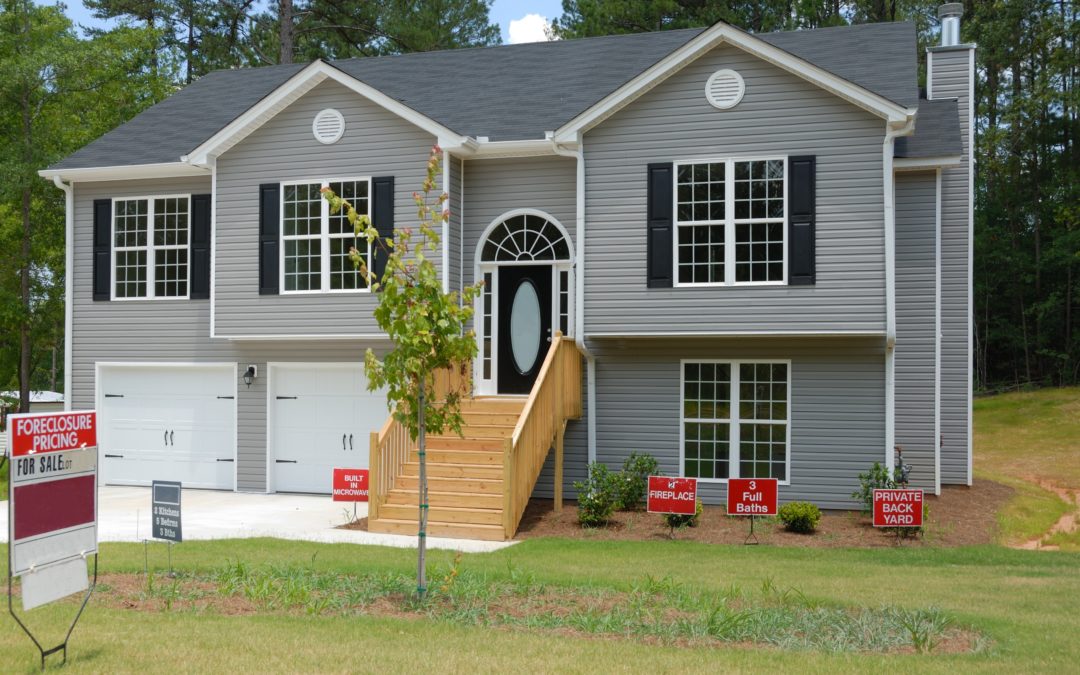If you’re new to real estate investing, or even a veteran investor, you may have a few questions about the process. One of the most common questions we get is, “How do I find a good investment property?” There are several ways you can find a good deal, you just have to know where to look.
In this series, we will provide you with detailed descriptions of the best ways to find investment properties. Typically, the first properties that real estate investors look for are foreclosures. These properties almost always sell for well under market value, but they can also come with some major defects. While foreclosures make great investment properties, you also have to make sure you’re prepared for the less than perfect conditions.
Foreclosure
When a homeowner is unable to keep up with the mortgage payments of their home, the foreclosure process begins. As a real estate investor, these can make a very profitable investment property. The three stages of foreclosure are a short sale (considered to be pre-foreclosure), a public auction or an REO.
Short Sale
When a homeowner defaults on their mortgage payments, they can opt to put the home up as a short sale before the foreclosure process begins. The property is typically listed for a price that is lower than the amount the homeowner owes on the mortgage. Real estate investors can benefit from these sales by purchasing a property with a smaller price tag than it would have if it was listed as a typical sale. A real estate agent can help you find short sales, but there is usually stiff competition for these properties, so it may take offers on multiple properties before you win a deal.
Public Auction
Once foreclosure on a home begins, the property goes to a public auction. Most of the time, auctions take place at a public place located in the property’s county and not at the property itself. These properties can be a little risky because you usually don’t get a chance to see the property’s condition before the auction. The opening bid at these auctions is based on the amount that the original owner still owes on the property. If that amount is not reached, the home becomes an REO, or Real Estate Owned, property. And remember, if there are outstanding liens on the property, the bidder that wins the property may be responsible for covering them.
REOs
REO properties are owned by a lender; typically a bank. These properties usually come on the market after it failed to sell as a short sale or at a foreclosure auction, and the original owner was unable to keep up with their mortgage payments. Generally these properties are in need of major renovations in order to make the home appeal to the average buyer, which makes them perfect investment properties. Once a property reaches REO status, the lender is typically motivated to sell so they might be more open to price negotiations than the average seller. However, similar to short sales, the competition for these properties is high. While using a real estate agent to find these properties is a good idea, you can also try reaching out to banks to purchase bulk deals. The hard part about this approach is that it can be difficult to find the right person to speak with, and you may have to buy more properties than you can afford.

